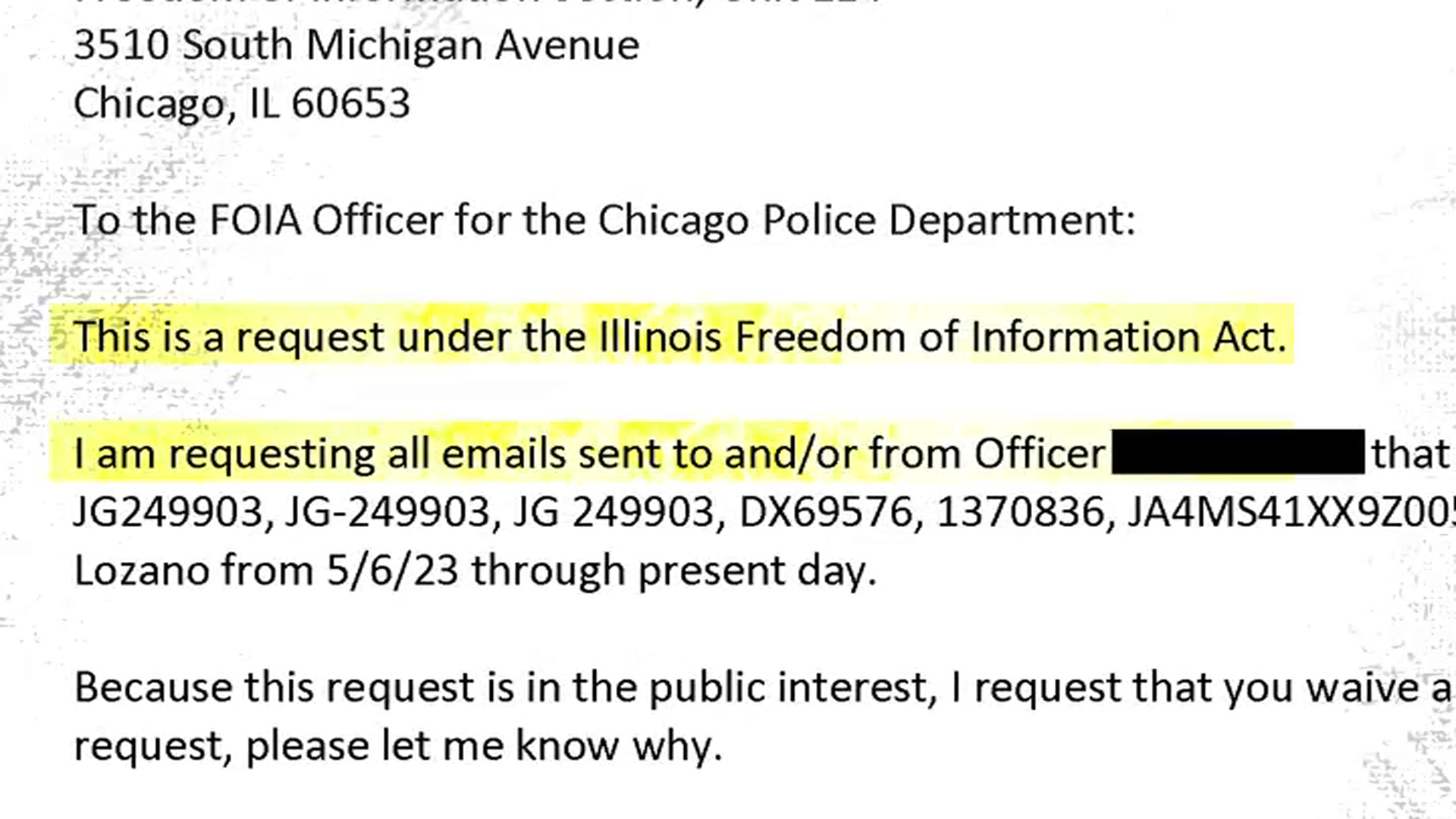A new Chicago ordinance eliminates exceptions that previously allowed police officers to work with federal immigration authorities under certain circumstances.
Chicago's City Council passed the latest update to the "Welcoming City Ordinance" by a vote of 41 to 8 in late January. Mayor Lori Lightfoot signed the measure Tuesday.
Previously, the Chicago Police Department was allowed to cooperate with Immigration and Customs Enforcement if individuals were in the city's gang database, had an outstanding criminal warrant, had been convicted of a felony or had a felony charge pending.
The new ordinance - a campaign promise from Lightfoot - eliminates those exceptions.
Feeling out of the loop? We'll catch you up on the Chicago news you need to know. Sign up for the weekly Chicago Catch-Up newsletter here.
It also forbids any "agent or agency" of Chicago from participating in "civil immigration enforcement operations" or assisting in the enforcement of federal immigration law. That prohibits police and city officials from stopping, arresting or detaining a person solely on their belief that the person did not enter the country legally. They also can not allow ICE agents access to a person who's being detained.
Chicago police and city officials cannot use their time to respond to ICE inquiries or communicate with ICE regarding a person's custody status or contact information, per the new ordinance, nor can they set up a traffic perimeter or provide support to assist in an immigration enforcement operation.
No applications, questionnaires or interview forms used for benefits or opportunities with the city can contain questions related to immigration status and city agencies cannot request, maintain or share citizenship or immigration status of anyone, under the new ordinance.
Local
The ordinance also removes the term "citizen" from city code in several instances, replacing it with "person," "resident" or "individual" to clarify that the law applies to Chicagoans regardless of immigration status.



